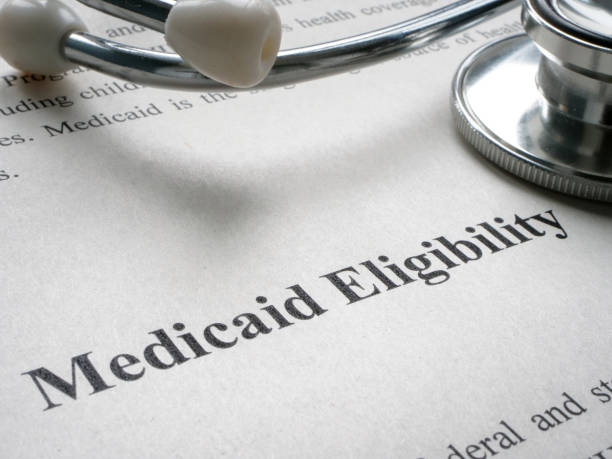Download the full Legislative Memo
This Legislative Memo ran as an op-ed in State of Reform on February 26, 2019
Key findings
- The idea of a single-payer health care system in the United States has been debated for years.
- HB 1877 and SB 5822 would be the first step toward imposing a single-payer, government-based system in Washington state.
- The bills would require the Health Care Authority to establish a working group that would explore imposing a state-based, single-payer system that would be publicly funded and privately administered.
- A “Medicare for All” plan is being debated at the national level. Multiple analysts estimate a $14 trillion to $32 trillion shortfall over the first 10 years of the program.
- State-based, single-payer systems have been rejected in Vermont, Colorado, and California.
- Canada has had over 30 years of experience with a national single-payer system. The experience of Canada shows single-payer leads to long waiting lists, delays in needed medical care, and health care rationing.
- To control costs, increase choice, and improve quality, patients should be allowed to direct their own health care dollars and make their own health care decisions. A single-payer system would further entrench the inefficient and costly government management of health care delivery for Washingtonians and all Americans.
Introduction
The idea of a single-payer, government-run health care system in the United States has been debated for years. The Affordable Care Act (ACA), also known as Obamacare, has failed miserably at achieving its two main goals; providing universal health insurance (“Health care for All”) and decreasing health care costs.
Instead of replacing the ACA with effective patient-centered solutions, many elected officials and candidates on the political left are now pushing for a complete government takeover of the U.S. health care system. “Medicare for All” is being proposed nationally. Two state-level bills, HB 1877 and SB 5822, would be the first step toward a single-payer, government-based system for Washington state.
Background
Citizens and elected officials in the U.S. have debated the merits of various universal health care proposals for over 100 years. President Franklin Roosevelt pushed for government-run health care under his New Deal initiative. Because of voter mistrust, Roosevelt removed medical services but he retained the Social Security retirement system as an important foundation for his expansion of government.
Thirty years later, President Johnson and Congress passed the Medicare and Medicaid entitlement programs. Medicare is essentially a single-payer, government-run system for seniors. People 65 years of age and older now have no other choice for major medical health insurance. Medicaid is a pure welfare entitlement for low-income people, paid for by state and federal taxpayers.
In 2010, the ACA further entrenched government into the U.S. health care system by expanding the Medicaid entitlement and by providing taxpayer subsidies to help individuals purchase health insurance in government-mandated exchanges.
Although the ACA did not deliver “Health care for All” as advocates promised and only insures an additional 20 million people (about six percent of the U.S. population), its mandates and regulations effect all areas of the U.S. health care system. It has driven health care costs up, has fragmented health care delivery, and has put the country’s health care system in jeopardy.
Despite its failures, many advocates say the ACA did not go far enough. Americans are now debating whether the government should take over and control all aspects of our health care with a single-payer system.
Download the full Legislative Memo




